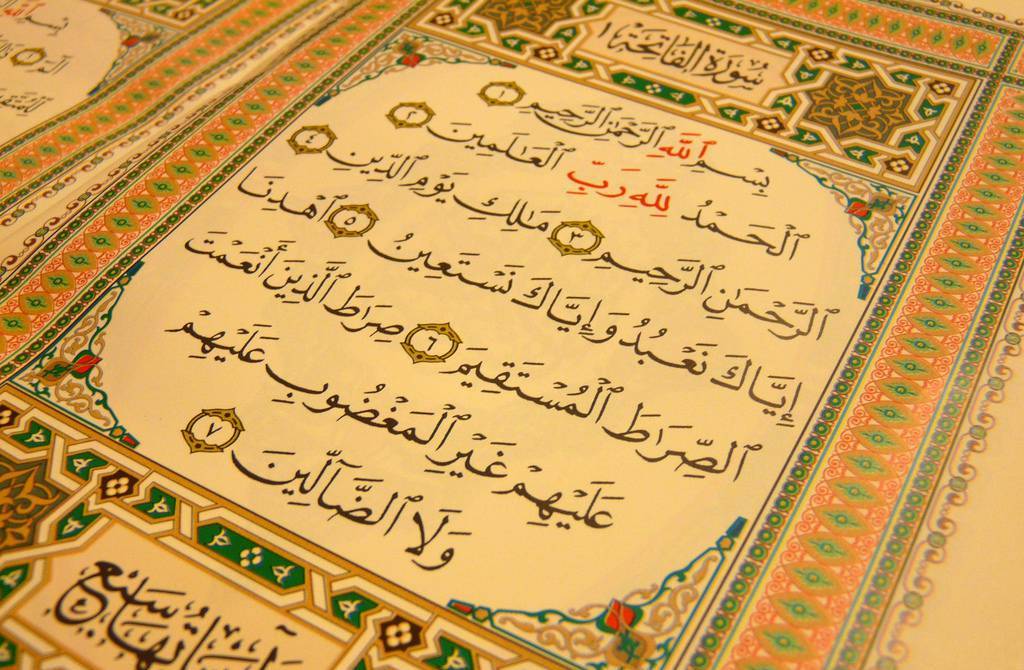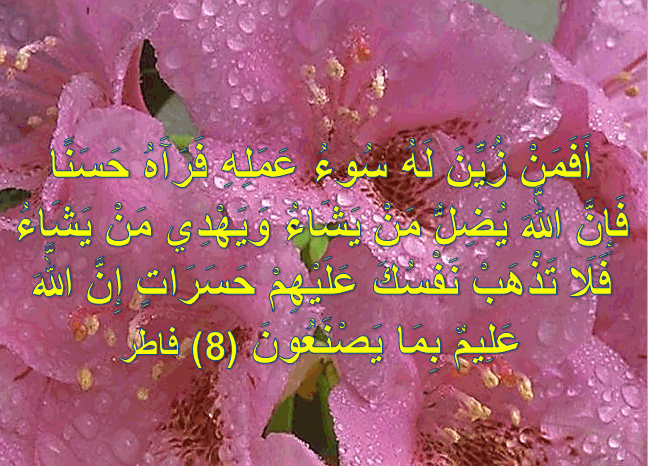بِسْمِ اللهِ الرَّحْمٰنِ الرَّحِيْمِ
Allah says in the Qur’an:
And those who say, “Our Lord, avert from us the punishment of Hell. Indeed, its punishment is ever adhering;
[25:65:66]
Indeed, it is evil as a settlement and residence.”
He highlights in the Qur’an a few special groups of people nearing the end of Surat Al Furqan. One of them being those who simply wish to not even see Hellfire. This group wants nothing to do with jahanam, not for a long time or a short time.
Unfortunately there are many Muslims who delude themselves into thinking that they’re not that bad – not as bad as some other people they see around them; not as bad as those who completely disbelieve. These Muslims tell themselves that even if they are going jahanam it won’t be forever, so it’s fine to engage in haram or to leave out compulsory duties.
Descriptions of hellfire are found in many places in the Qur’an. We can never comprehend the horror that awaits within it, but Allah paints a few pictures to give us an idea. The least, easiest punishment portrayed is in Surat Al Anbiya where Allah says:
“And if [as much as] a whiff of the punishment of your Lord should touch them, they would surely say, ‘O woe to us! Indeed, we have been wrongdoers.'”
[21:46]
What we call a breeze is known as “lafha” in Arabic, a weak wind. However, Allah uses the word “nafha” – the difference is simply that nafha is a cool breeze while lafha is a warm breeze. Nafha is also used to describe the very slight breeze that is blown in or out when a door is being shut.
Allah says these people will taste a nafha of jahanam from outside – they haven’t even entered it yet; they didn’t taste any flame or fire or lava, it was simply some air that hit them. Allah uses the word “masathum” which basically tells us that it barely touched them and the word “min” highlights the fact that it is a tiny amount not a fully fledged gust.
These people will cry out – “yawaylana”: they will think they are in the worst part of hellfire known as “wayl”. Due to the severe agony caused by a nafha of jahanam these people will be believe they are being punished the most and they haven’t even entered yet.
To the one who was merely dipped inside it, the prophet (ﷺ) said: “The most affluent of the people in this world, of those who will go to Hell, will be brought on the Day of Resurrection and dipped once in the Fire. Then it will be said: O son of Adam, did you ever see anything good? Did you ever have any pleasure? He will say: No, by Allah, O Lord.
Then the most destitute of the people in this world, of those who will enter Paradise, will be brought and dipped once in Paradise, and it will be said to him: O son of Adam, did you ever see anything bad? Did you ever experience any hardship? He will say: No, by Allah, O Lord. I never saw anything bad and I never experienced any hardship.” [Muslim]
The true believer understands this notion. The true Muslim knows that no one can handle jahanam for any amount of time. This idea of not abiding in it forever was said by the children of Israel:
“And they say, ‘Never will the Fire touch us, except for a few days…'”
[2:80]
May Allah prevent us from falling into this delusion and guide those who have away from it.
And may He protect us from the Hellfire.
Allah knows best.


